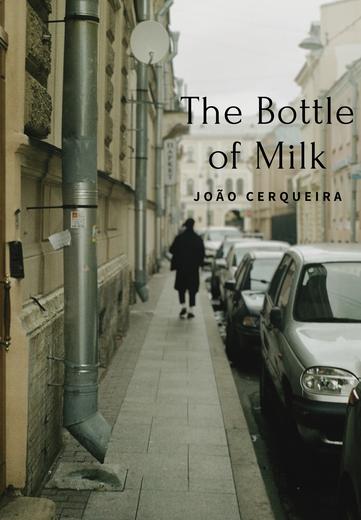
Age:
Post High School
Reading Level: 7.4
Chapter 1
Ukraine 1978
Maria had been in the line for food at the grocery store since dawn.
She had been up at five and dragged her legs up the steep streets of Kiev to the shop. The store didn’t open until 8:30.
She was wearing a gray jacket, a white sweater, a red cap, and the only pair of boots she owned.
The sun was beginning to come up. The yellow light of the few streetlamps that worked would soon go out.
The city would thaw around noon. But this early, men and women were rushing to factories and government offices. The transportation system of trains, buses, and a few private cars was waking up.
When Maria arrived, there were ninety-six people in front of her.
They all had angry faces. They were all shivering with cold. Their breath steamed from their nostrils.
None of them even acknowledged people who joined the line.
Chapter 2
She took her place without acknowledging anyone either. She had to treat the others as enemies. As if they wanted to rob her of the bread and milk she needed to feed Lia, her thirteen-year-old daughter.
The line of hungry people was waiting their turn to be fed by the Communist Party in charge of the town.
They ignored the desire to break into the store.
They pretended they didn’t want to steal the food ration cards from the nearest person. Those ration cards told the people at the store how much food you were allowed.
More ration cards meant more food.
But the fear of a labor camp—a prison where you worked until you collapsed… or died—made them stay in line peacefully.
Until she heard shouts.
Chapter 3
“Thief, you stole my ration cards,” an older woman yelled.
“Get off me, you loony,” shouted a younger woman.
The younger woman was tall and pretty. The other woman was short, thick, and had a lumpy-looking face.
Both were glaring at each other, snarling like angry wolves.
Maria thought the first woman was a student or a secretary. The second looked like a factory worker or cleaner.
Maria had seen this happen many times. All women, all ages, all walks of life. Always angry.
Sometimes the theft was real.
Sometimes it was just a way to take someone else’s food. An accusation was often enough.